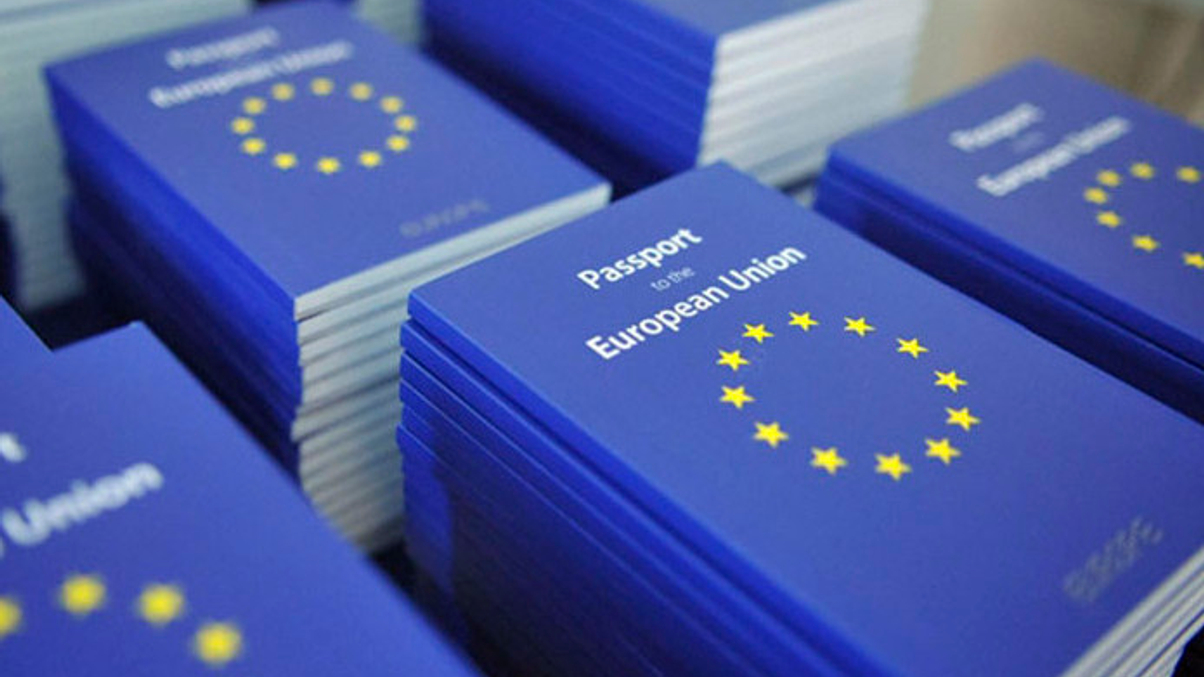Esma’s AIFMD advice raises questions
Europe’s securities watchdog has recommended extending certain EU passporting rights to alternative fund managers in four Asian markets. But questions need answering and delays are expected.

This week’s recommendations by the European Securities and Market Authority (Esma) on extending passporting rights to alternative investment fund managers (AIFMs) in some non-EU jurisdictions* – including Australia, Hong Kong, Japan and Singapore – are not expected to have much of an impact in the short term.
Sign in to read on!
Registered users get 2 free articles in 30 days.
Subscribers have full unlimited access to AsianInvestor
Not signed up? New users get 2 free articles per month, plus a 7-day unlimited free trial.
¬ Haymarket Media Limited. All rights reserved.


